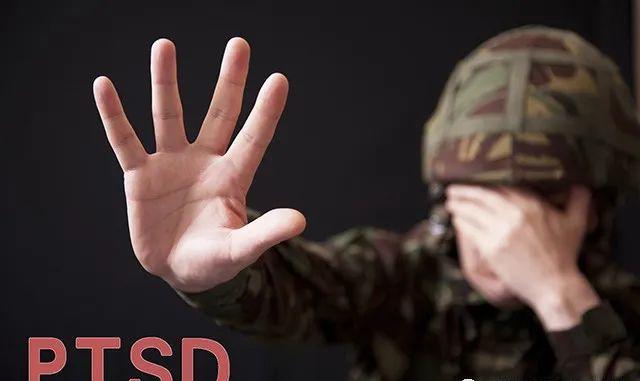The above is the audio of this article, if necessary, you can click to listen
If you have had psychological trauma, during your healing and healing journey, you may notice that you have made some positive changes. This is known as "post-traumatic growth (PTG)".
As human beings, we have an innate ability to adapt. For some, post-traumatic growth may mean an increase in personal strength, or a greater appreciation of life, which may mean spiritual growth or a change in belief systems; for others, it may be motivation for them to take action to help others.
Everyone deals with psychological trauma in their own way, and this is often a long journey to healing. But in the end, as long as you put in the effort and are willing to change, you may reap the rewards of growth and new life.

What is post-traumatic growth?
Professor Rong Xinqi, an expert in the psychology of new concepts, said that post-traumatic growth is part of human beings' natural ability to create meaning, heal and learn from difficulties.
The PTG theory was proposed by Dr. Richard Tedeschi and Dr. Lawrence Calhoun in the 1990s. The theory states that people usually see positive growth after adversity or crisis. This may manifest itself in their relationships, worldview, or other personal domains.
Professor Rong said that post-traumatic growth is a new awareness, insight and perspective that emerges after the "crisis".
"A 'crisis' could be the death of a loved one, an illness, a natural disaster, or a stressful event like abuse or betrayal," he explains, "and it was caused by a 'psychological earthquake' and your world is now severely divided before and after it happened." It was a defining moment that changed the life as you know it. ”
Signs of post-traumatic growth
After experiencing psychological trauma, you may face challenges in all aspects of your personal life, relationships, and study and work. How long this situation lasts is different for everyone, and there is no "right" timeline for dealing with trauma.
At some point, you may start to notice new positive changes that didn't exist before the trauma occurred.
According to a 1996 historical study by Tedeschi and Calloun, the main signs of growing up after experiencing psychological trauma include:
Better appreciation of life: appreciate the value of life, or live each day better than ever before;
Improve relationships with others: You may develop a sense of intimacy with others, increase empathy, or know that you can rely on others in times of crisis;
New possibilities: such as cultivating new interests, new life paths, or being willing to change things that need to be changed;
Personal strength: Knowing that you can handle difficult things, that you are stronger than you think, or that you have increased self-reliance awareness and ability;
Spiritual change: a deeper understanding of spirituality, or a firmer belief than ever before.
After you experience a traumatic event, you may grow rapidly, and despite the difficulties, you will continue to move forward in an upward posture.
We all study, work and live at our own pace. If you don't see that sign during your recovery, it doesn't matter, it may appear a little slower, but it will appear sooner or later, it's just a matter of time.
How to achieve post-traumatic growth?
Your willingness to admit that what happened to you was traumatic, which encourages post-traumatic growth, which can be harder than it sounds.
"Trauma almost always involves the elimination of individual power or agency, and the right to reclaim the option is an important part of recovery from trauma," Professor Rong said, "and recovering from the world, with others, or with one's own sense of security is another factor in obtaining PTG." ”
There are many ways to solve this problem. So, you need to choose the method that suits you.
1. Treatment
One of the biggest factors in achieving post-traumatic growth is the ability to emotionally handle sadness and other emotions associated with traumatic events.
Working with a therapist can be an important part of that. Treatment can help people who have experienced trauma cope with symptoms of PTSD, anxiety or depression, which is the key to experiencing growth after a traumatic event.
You may find it useful to find the right therapist who resonates with you and is the right one for you.
2. Understand trauma
The effects of psychological trauma are complex, from how it affects your brain and body to your emotions and how it affects your relationships.
You may find it helpful to continue educating yourself on the subject. With each new resource, you can tap into another layer of consciousness that helps you navigate your trauma recovery process.
3. Seek support and help
Studies have shown that socializing with friends and family and others who have had similar experiences can help accelerate PTG.
You may find it useful to seek support and help from friends and relatives or others who have experienced trauma like you and then recovered.
4. Post-traumatic growth and COVID-19
Since the outbreak of COVID-19, it has hurt people around the world to a certain extent (especially psychologically). Nowadays, you're hard-pressed to find people who haven't been affected by COVID-19.